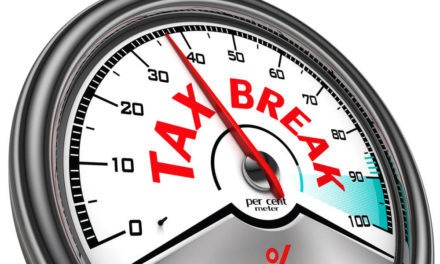The Bank of England cut interest rates to 0.1% on Thursday, its second emergency rate cut in just over a week, and promised 200 billion pounds of bond purchases as part of an economic response to the coronavirus.
The BoE’s Monetary Policy Committee voted unanimously for the cut to the benchmark rate — which had been slashed to 0.25% from 0.75% on March 11 — and to restart purchases of government bonds and corporate debt for the first time since 2016.
Total asset purchases will rise to 645 billion pounds, and be completed “as soon as operationally possible” in a bid to stem market turmoil that had pushed sterling to a 35-year low and caused British government bond prices to tumble.
“Over recent days, and in common with a number of other advanced economy bond markets, conditions in the U.K. gilt market have deteriorated as investors have sought shorter-dated instruments that are closer substitutes for highly liquid central bank reserves,” the British central bank said.
“As a consequence, U.K. and global financial conditions have tightened.”
Since the BoE last met, Prime Minister Boris Johnson has urged people to avoid meeting in bars and restaurants and ordered the indefinite closure of schools from Friday, as a rise in coronavirus cases forced action he had hoped to delay.
Many businesses have warned the measures will push them into bankruptcy, while supermarkets have been stripped bare by Britons fearful they will be confined to their homes by the virus.
Most of the extra debt the BoE will buy will be British government bonds, it said as it followed other central banks around the world in ramping up stimulus efforts.
Karen Ward, chief market strategist for Europe at JP Morgan Asset Management, said the BoE’s willingness to buy government debt would help finance efforts to combat the virus more smoothly.
“The support to the economy and health system will require vastly higher government borrowing. The central bank showing willing to buy government debt will ensure the market can absorb this additional issuance without undue stress,” she said.
The pound, which on Wednesday sank to a 35-year-low as investors rushed into U.S. dollar assets, initially rallied as much as 1.3% to the day’s highs after the BoE’s announcement, but at 12:05 p.m. EDT was up just 0.7%, barely changed from before.
Yields on British government bonds fell sharply, reversing some of a steep rise that earlier on Thursday had put them on course for their sharpest two days of price declines since 1998.
ECB’s Economic Response to the Coronavirus
The European Central Bank has taken a string of measures as part of an economic response to the coronavirus, promising to do everything necessary to hold the euro together.
The following lists the measures it took in two separate meetings plus a concerted step with the world’s biggest central banks.
- The ECB agreed to boost asset purchases to about 1.1 trillion euros ($1.20 trillion) this year. The buys include 20 billion euros a month as part of its already running quantitative easing scheme, a one-off 120 billion euro increase in the purchases and another one off 750 billion euros in a Pandemic Emergency Purchase Program.
- The bank said it was willing to skew purchases in the 750 billion euro scheme based on market conditions and did not commit a previous rule requiring purchases according to each country’s shareholding in the bank. This allows the ECB to stem the yield rise on the periphery
- It made it clear that its “self-imposed” limit to buy no more than a third of each country’s debt may be revised and it would not tolerate any risks to the smooth transmission of its monetary policy.
- Greek debt is included in the purchases for the first time.
- Commercial paper will be included for the first time.
- Rates on a standing targeted-longer term refinancing operation (TLTRO) are cut by 25 basis points to as low as minus 0.75% and a new longer-term refinancing operation directed at smaller businesses is launched. Easing its rules, the ECB also allowed banks to borrow more in the TLTRO operation.
- In a coordinated step with other big central banks, the ECB said would offer weekly US dollar operations with 84-day maturity in addition to existing 1-week operations
- Eased its collateral standards in its refinancing operation.
- Through its supervision arm, the ECB also provided relief to lenders through temporary changes in the composition of Pillar 2 capital requirements. ($1 = 0.9204 euros)
© Copyright Thomson Reuters 2020.




